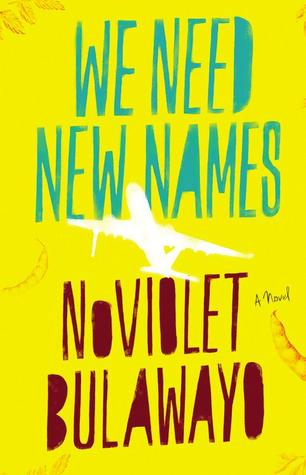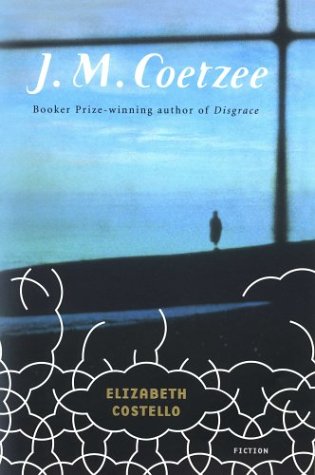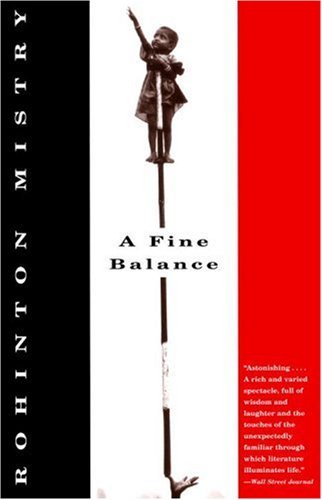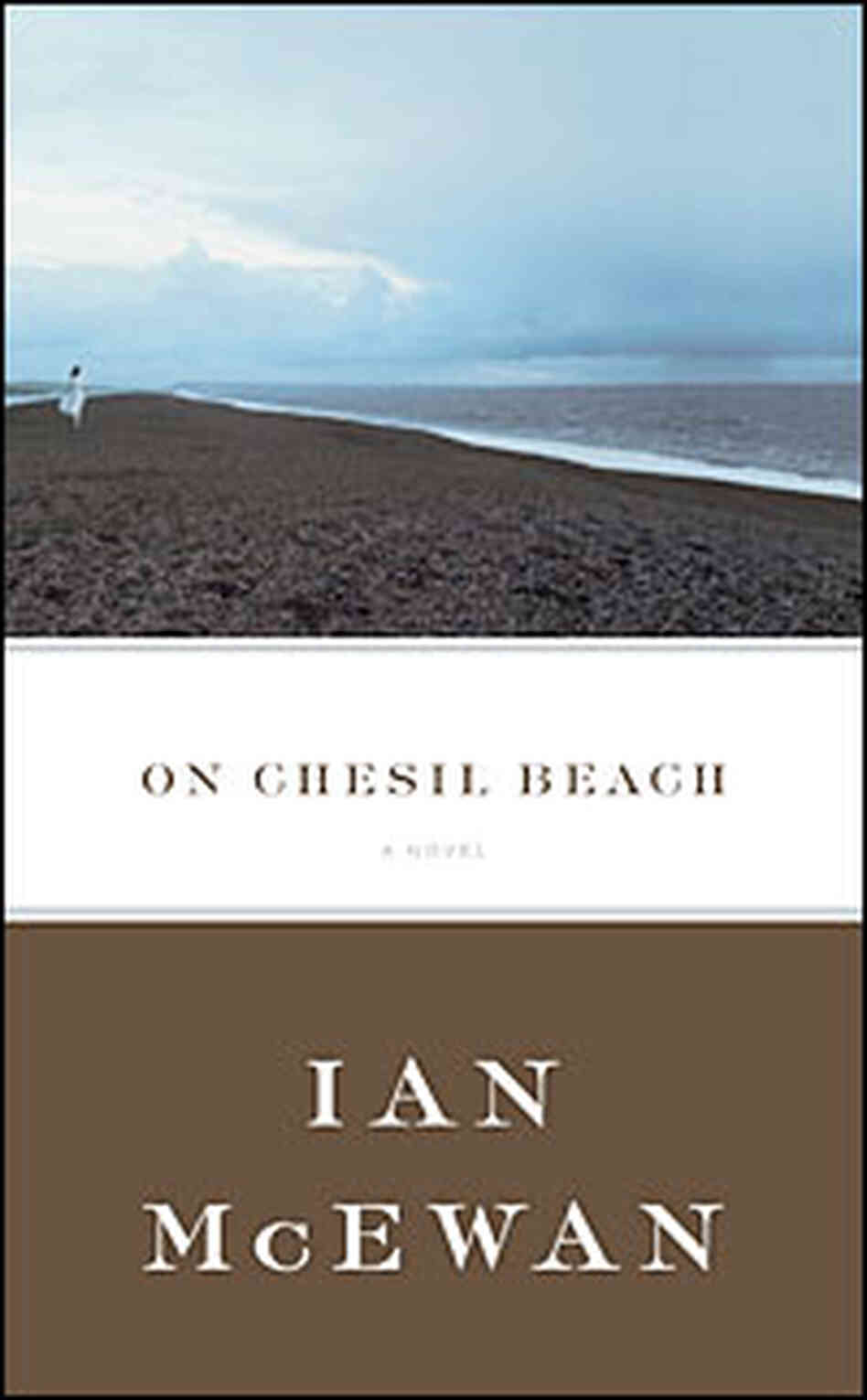So let's talk David Mitchell. Despite some stiff competition, he is probably my favorite author. He has six books out (including one just released!), and now I have read three of them.
The other two under my belt are Ghostwritten and Cloud Atlas. These books read like two facets of one very large story. And then I read a recent interview with Mitchell where he admitted his works not only share supporting characters - they are probably all telling the same story.
Anyway, Mitchell is known for wacky narrative structures and extreme feats of imagination, and that absolutely describes Number9Dream, even though the end effect is very different from his usual. If he has a usual.
Instead of trotting through space and time in disjointed but connected narratives, Number9Dream stays in one person's viewpoint (well, not really, but kind of). We follow Eiji, a young Japanese man searching Tokyo for a father he's never met and dealing with the death of his twin sister and abandonment by his mother. Eiji takes a lot of detours and has some definitely imaginary adventures on his journey. Coincidences and obvious plot devices abound. He falls in love. He comes to terms with the trauma in his life.
But one of the questions in the end is, "just how much of the plot actually a happened, versus being imagined by Eiji?" I believe that it is all in his head. Really. Eiji, the name, is explained twice in the text as meaning "incant" and "world." I think he's making it up, the entire thing.
A lot of the criticisms people have about the book, I think, don't apply if this is true. People are seeing a hack plot with too much crazy stuff and a not-quite-right view of Japanese culture. I say that it's Eiji's voice that is responsible for the plot "problems" and the outsider-looking-in view of Tokyo. I think Eiji's been in Kagoshima thinking his way out of his problems the entire book, using his manga and video games to fuel his fantasies.
Then there's the 5th part of this book, A Study of Tales. Who else would juxtapose Eiji's quest with stories about a talking goat, a sentient hen, and a primordial man to frame up questions about authorship, agency, and the meaning of life and death. You just can't get this stuff anywhere else.
Number9Dream left me feeling many things, but most of all, at a loss. However, there is at least one point in any David Mitchell book (and often many, many points) where you get a particular feeling, one of being extremely far-sighted. You start to see the entirety of life and how it works much more clearly than you normally do, and the day-to-day begins to seem very myopic but also the only chance we have to make any kind of difference.
And that is why I love his books.
Final call:
This actually isn't my very favorite work of his, but he's still head and shoulders above the crowd.

.png)

+(2).png)





.png)

.png)

+(2).png)

+(2).png)

+(2).png)

.png)

.png)

.png)

.png)


